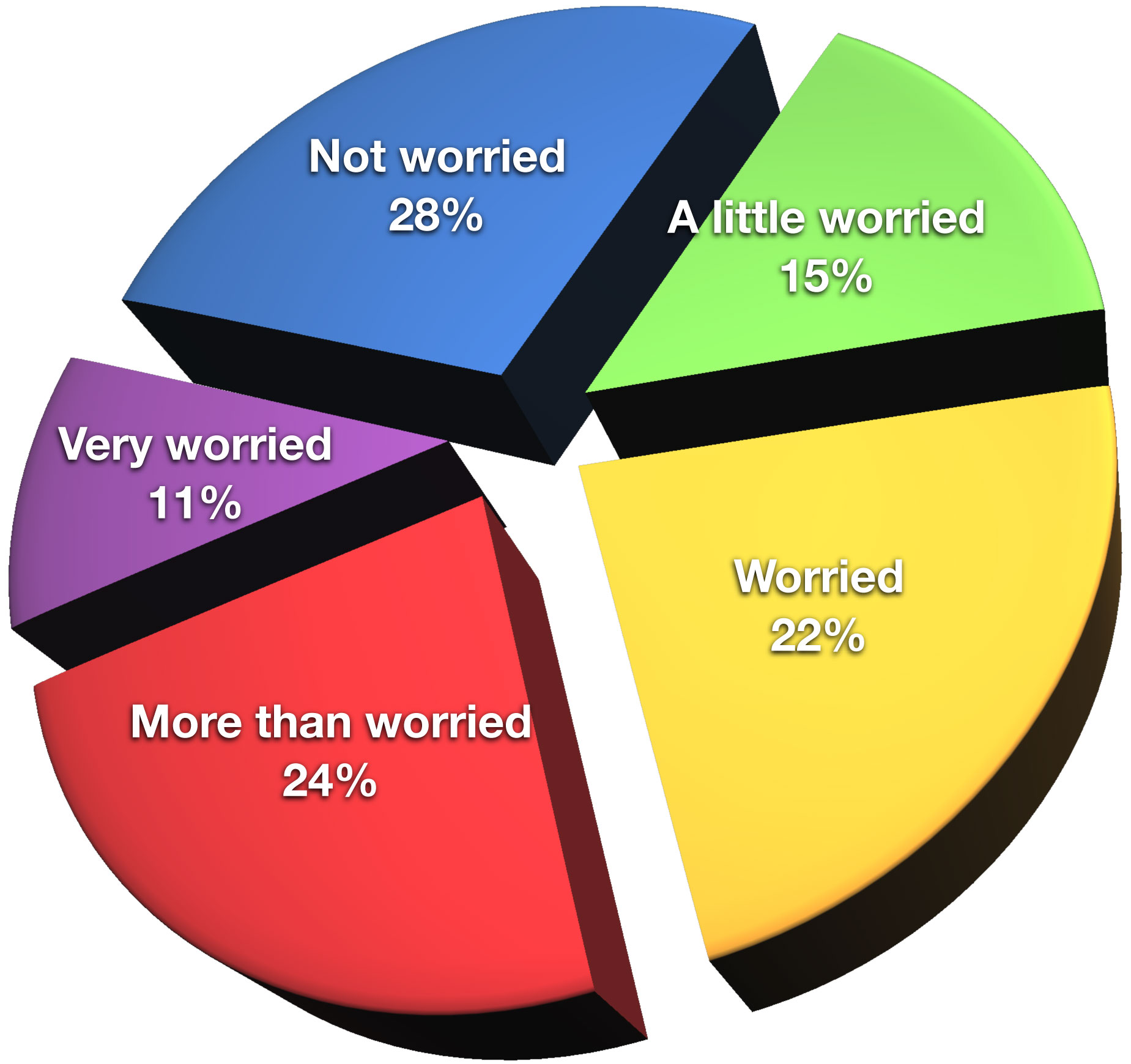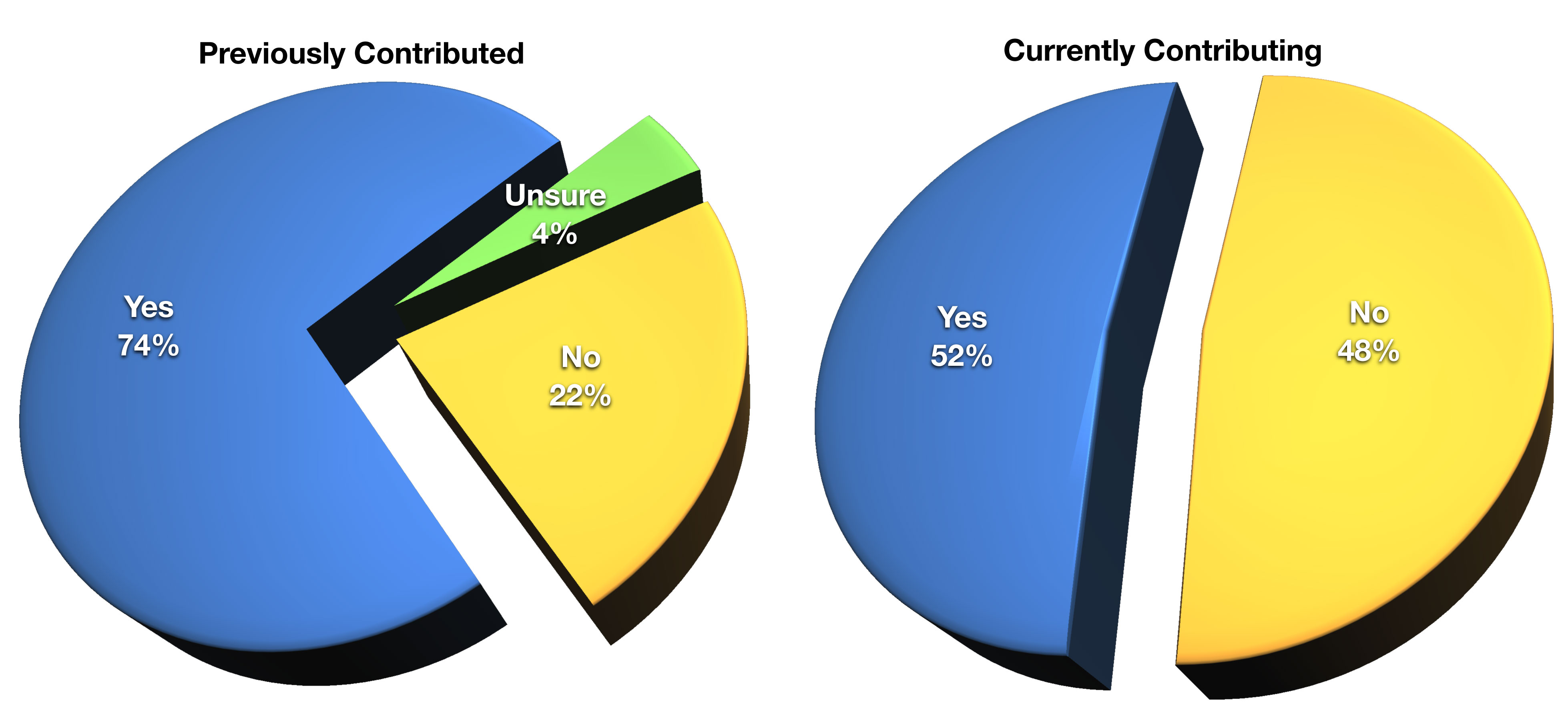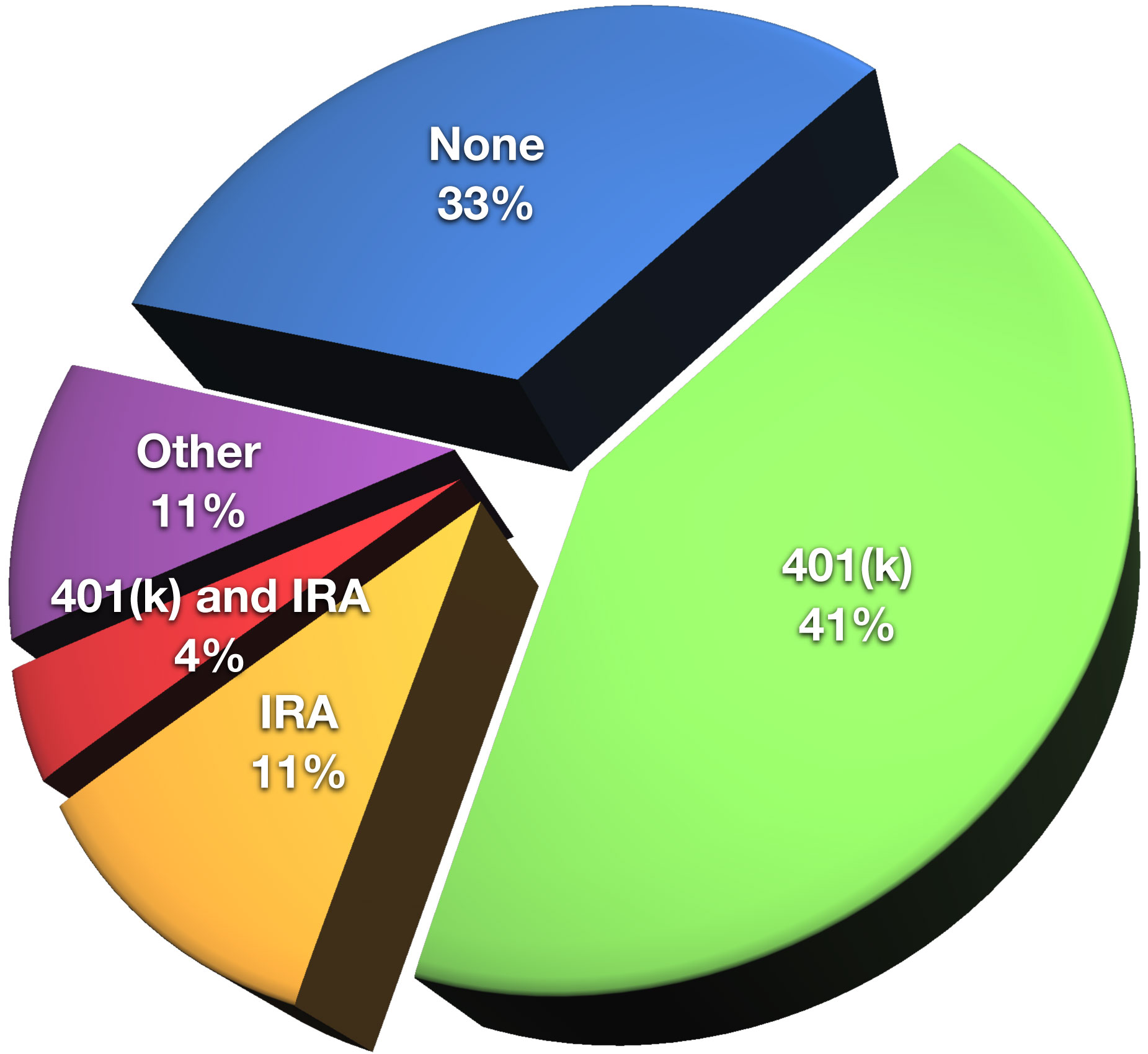Washington still hasn’t been able to decide on whether prioritize either jobs or budget deficits, and the partisanship of the issue drives a wedge on at least one particular issue that cuts across both: retirement.
With jobs not providing the retirement packages of yesteryear, and with the job market being what it is, Americans have steadily grown dependent on the federal Social Security program as a means to support themselves after retirement.
“Does Social Security Matter” was not focused on a particular demographic, but most of the respondents were students (15 of the total 46). There were, however, at 10 participants over the age of 50 and two of whom were retired. Political participation wasn’t measured, nor was affiliation. However, political leaning seeped through.
One 32 year old from New York works full time and contributes to a 401(k) and said he was extremely worried about Social Security, and when asked why, he simply replied:
“Ponzi scheme.”
In contrast, an unemployed 60 year old who contributed to an IRA fund also said he was very worried about the program, but for different reasons.
“Powerful people are targetting (sic) social security money. I worry about politicians who want to ‘privatize’ ss. When people lost pensions, they became dependent on wall street. And I worry about ignorant people who call it a ponzi scheme and try to make more people distrust this social program.”
Thirty four participants said that they have contributed to a retirement fund of some sort, 24 of whom said that they ether not or moderately concerned about Social Security’s longevity. Of the 10 participants who have not contributed to a retirement fund, five of them expressed concern for the Social Security program.
Generally speaking, there wasn’t much surprise in how the responses broke down. The slight majority said that they were not worried about Social Security, closely followed by those who said they were very worried.
The breakdown of how much people of different ages worry about Social Security is interesting, however.
The age group most and least concerned with Social Security are in the 20 to 30 year age group. The least concerned seem to be middle aged, followed by the 60+ group (arguably because they are either retired or of an age old enough that they feel secure.)
Another interesting fact was the drop in the number of people who went from contributing to retirement to how many currently contribute, but the number of students who went from working to school full-time can also explain at least a part of those numbers.
It also seems as if most of those who did contribute, either previously or currently, most invest through a 401(k) program, which is operated through employers (as opposed through the government).
One of those 401(k) contributors still paying into it is a 26-year-old Washington, D.C. resident. The participant was moderately concerned about Social Security and retirement, but placed the source of the dubious future squarely on the same people who are tasked with ensuring it.
[I’m] losing faith in my government…simple solutions to solvency are blocked by politics.




